The Birds of Paradise are among the most spectacular avian species in the world, capturing the imaginations of ornithologists and nature enthusiasts alike. Native to regions of Eastern Indonesia, Papua New Guinea, and Eastern Australia, there are around 42 different species known for their extraordinary plumage and elaborate mating dances. These birds have evolved a remarkable variety of forms and colors that are a sight to behold, ranging from stunning iridescent feathers to intricate and unique body shapes. However, maintaining such stunning plumage requires meticulous grooming techniques, which these birds have mastered over millennia.
Importance of Feather Maintenance
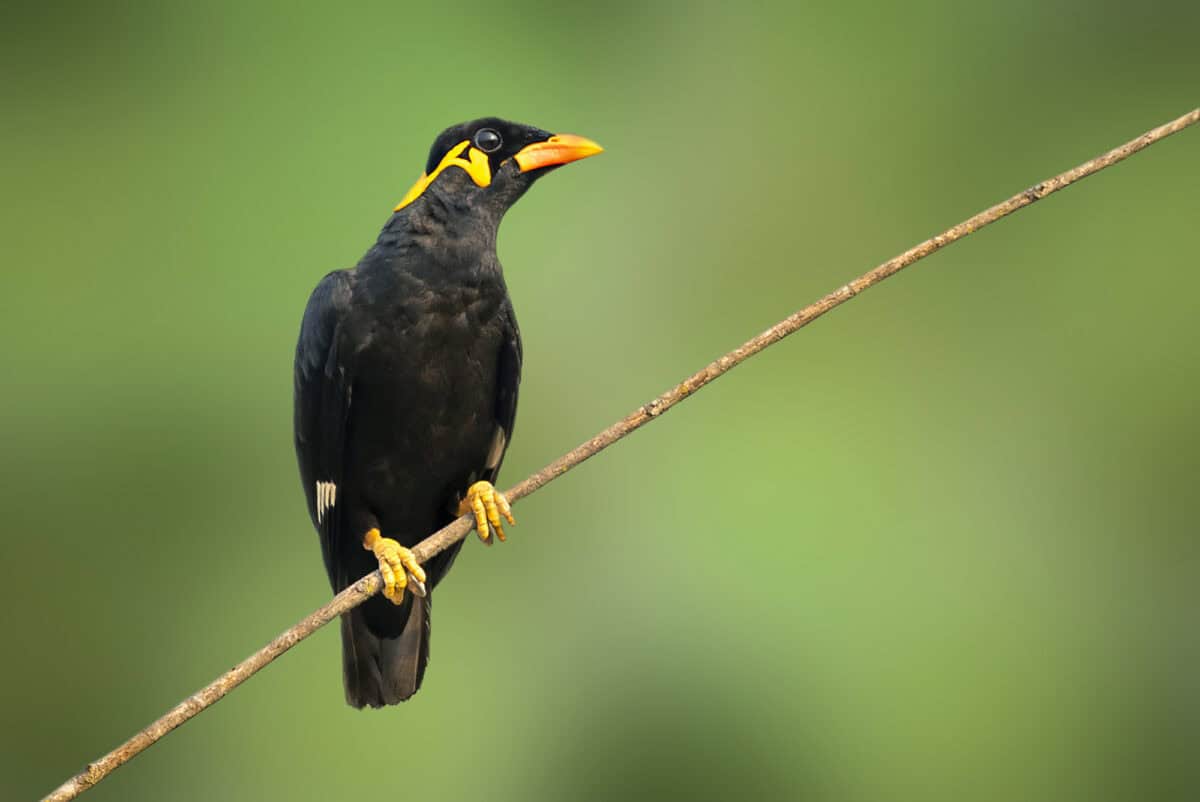
Feathers are crucial for birds for numerous reasons, including insulation, flight, and attracting mates. For Birds of Paradise, stunning plumage is a key element in courtship rituals. Their bright colors and clean feathers signal health and vitality, making them more attractive to potential mates. Dirty or unkempt feathers not only degrade the visual appeal of these birds but can also impair their ability to fly and protect against the elements. Hence, maintaining the cleanliness and condition of their feathers is essential for their survival and reproductive success.
Preening Nature’s Grooming Ritual
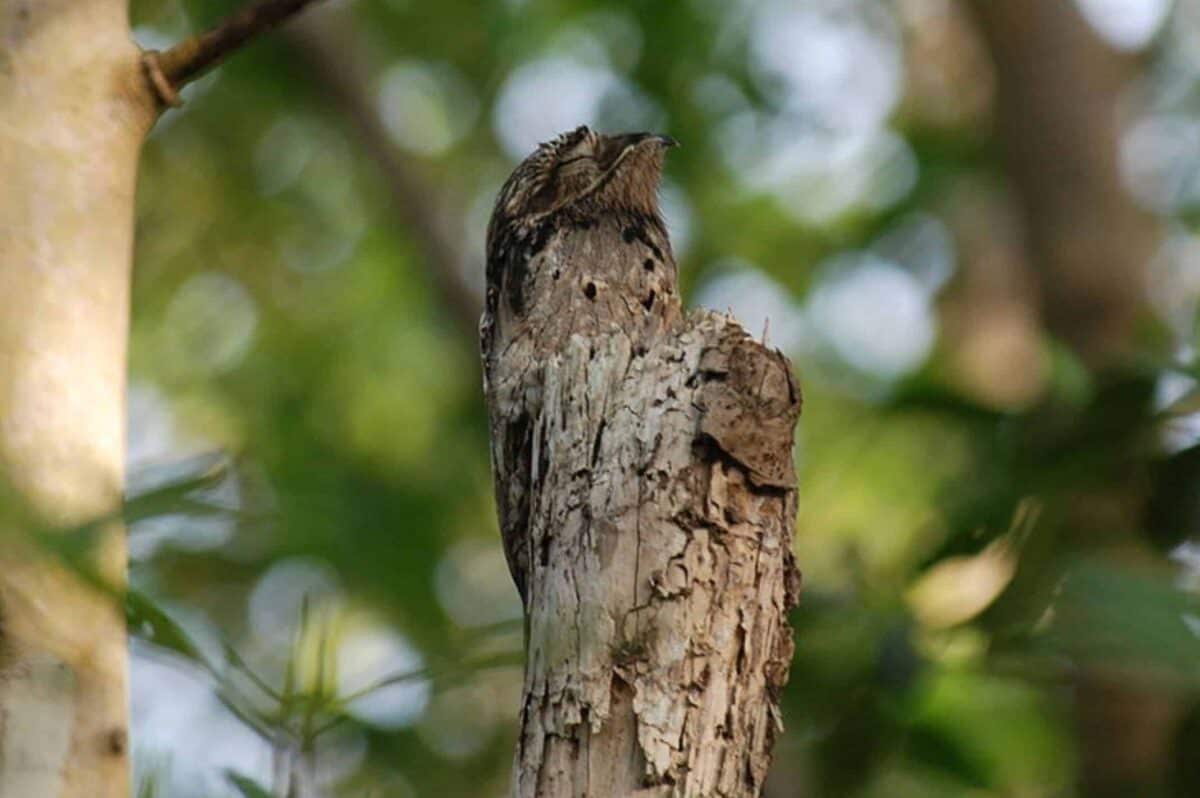
Preening is the primary method by which Birds of Paradise keep their feathers clean. This meticulous process involves the use of their beaks to remove dirt, parasites, and debris. Birds run their beaks through their feathers, aligning and zipping together the barbs and barbules that make up each feather. This action not only cleans the feathers but also waterproofs them by spreading natural oils secreted by the uropygial gland, located at the base of their tails.
Role of the Uropygial Gland

The uropygial gland secretes an oily substance that birds apply to their feathers during preening. This oil plays a crucial role in maintaining the flexibility and waterproof qualities of the feathers, preventing them from becoming brittle and prone to damage. Additionally, the oil has antibacterial and antifungal properties, which help deter infections and infestations, thereby contributing to the overall health of the Birds of Paradise.
Dust Bathing and Sunbathing Natural Cleansers
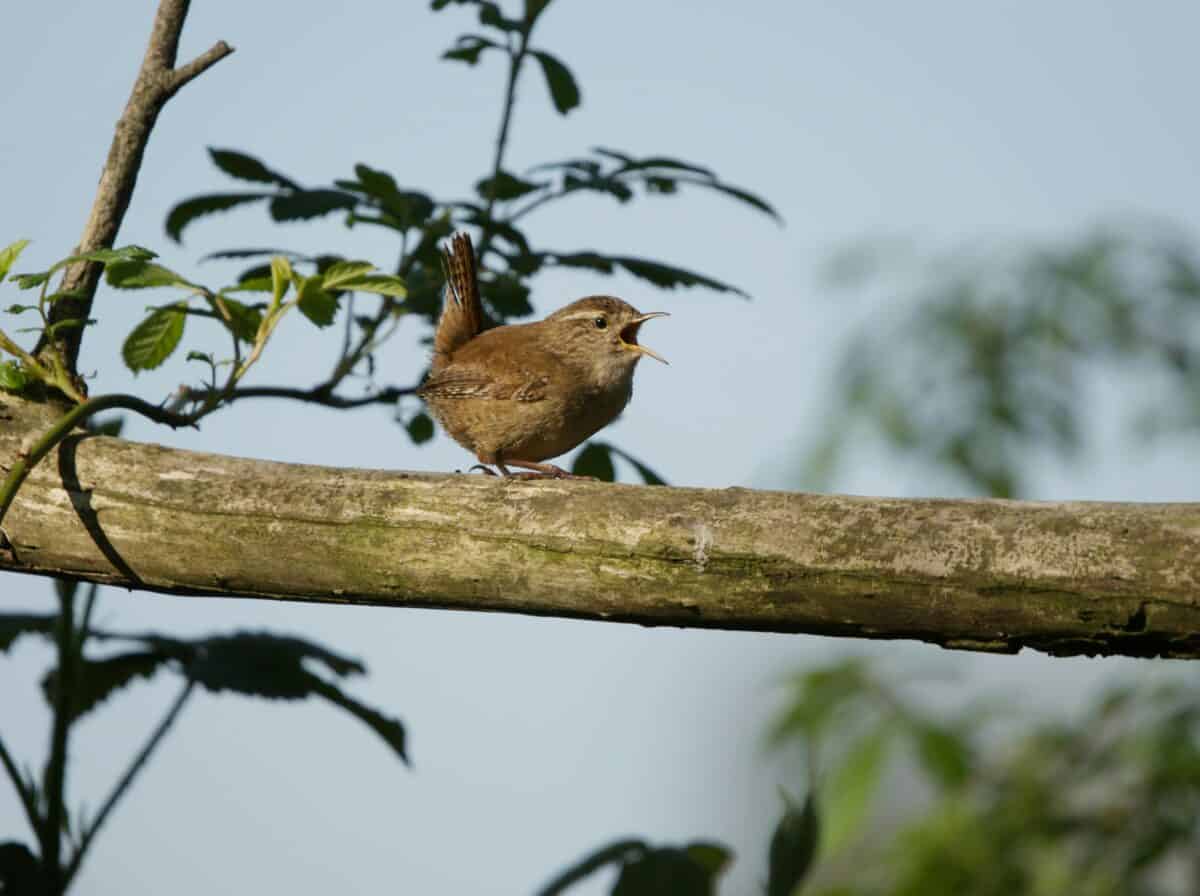
Some Birds of Paradise engage in dust bathing, a behavior where they ruffle their feathers in loose soil or sand. This seemingly peculiar activity helps dislodge parasites and remove excess oil and debris from their plumage. The dust penetrates between the feathers, absorbing oils and moisture, which are then shaken off, leaving the feathers cleaner and more aligned.
Sunbathing is another behavior that aids in feather maintenance. By exposing their plumage to direct sunlight, Birds of Paradise not only warm themselves but also utilize the sun’s rays to break down oils or parasites. The heat from the sun can help kill mites and other parasites that might be lurking in the feathers, thus acting as an additional cleaning mechanism.
Moulting Nature’s Renewal Process
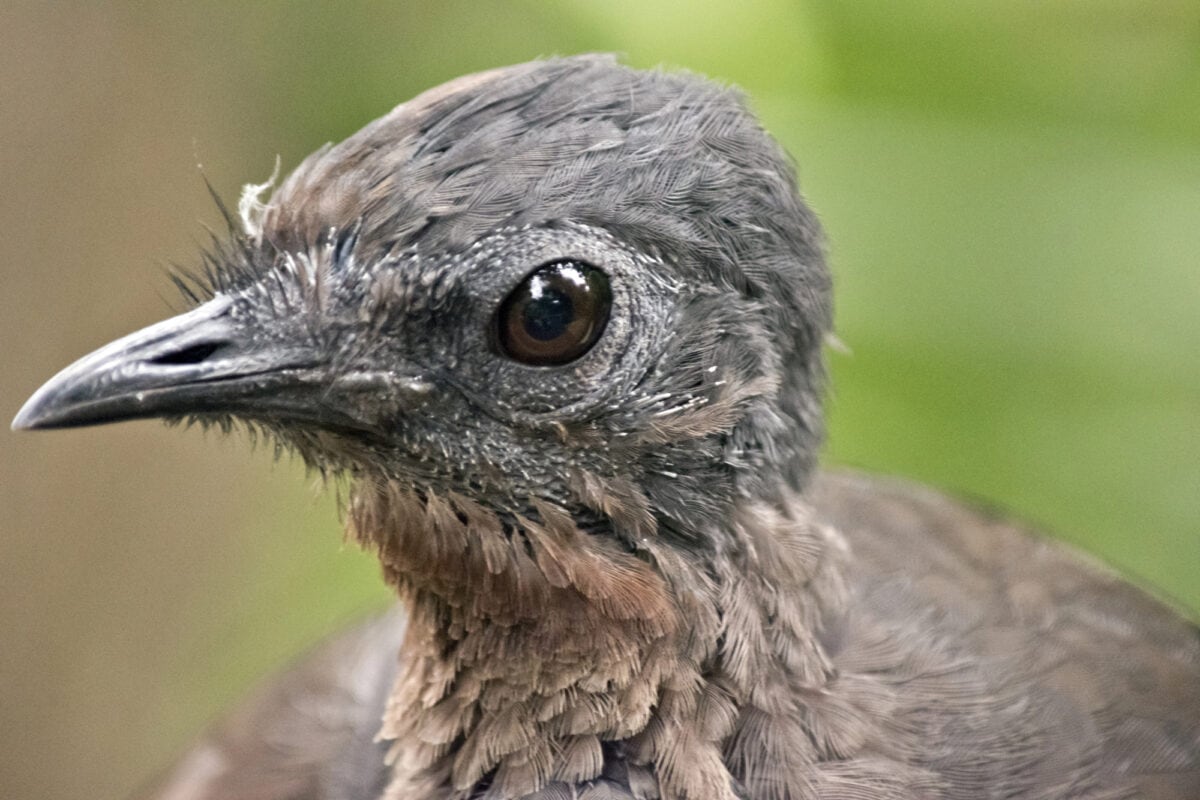
All birds undergo a process known as moulting, where they shed old or damaged feathers to be replaced by new ones. Birds of Paradise are no exception. During the moulting process, these birds lose their worn-out feathers, which are replaced by fresh, pristine ones. Although this process temporarily disrupts their appearance, it is essential for maintaining the integrity and health of their plumage in the long run.
Conclusion: The Art of Feather Care
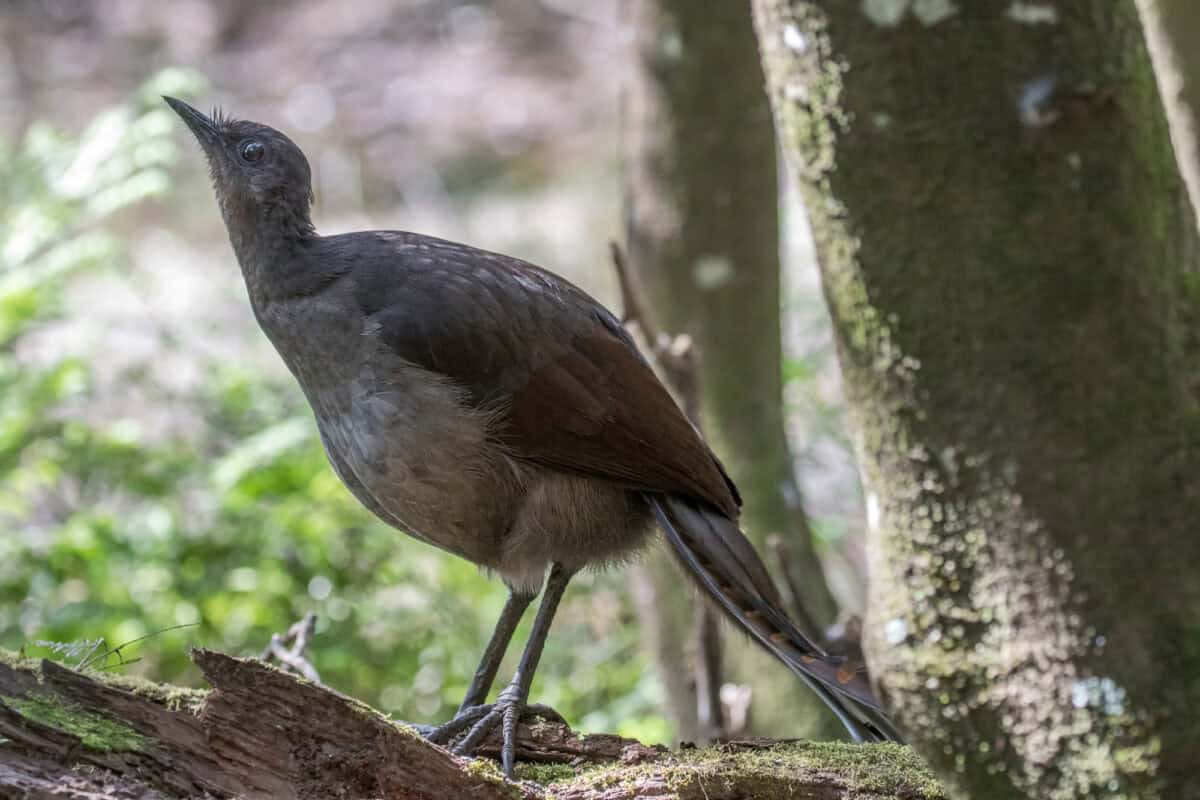
The Birds of Paradise have developed a comprehensive suite of behaviors and adaptions to keep their feathers in immaculate condition. From preening and utilizing oil from the uropygial gland to dust bathing and strategic sunbathing, these behaviors ensure their feathers remain in peak condition for both survival and reproduction. Understanding these grooming rituals offers insight into the complex and fascinating lives of these captivating birds, highlighting the intricate balance of beauty and functionality in the natural world.
- The Secretary Bird A Raptor That Hunts on Foot - August 9, 2025
- 10 Dog Breed Restrictions That Stir Controversy in U.S. States - August 9, 2025
- 13 Animals That Outsmart Their Predators - August 9, 2025

